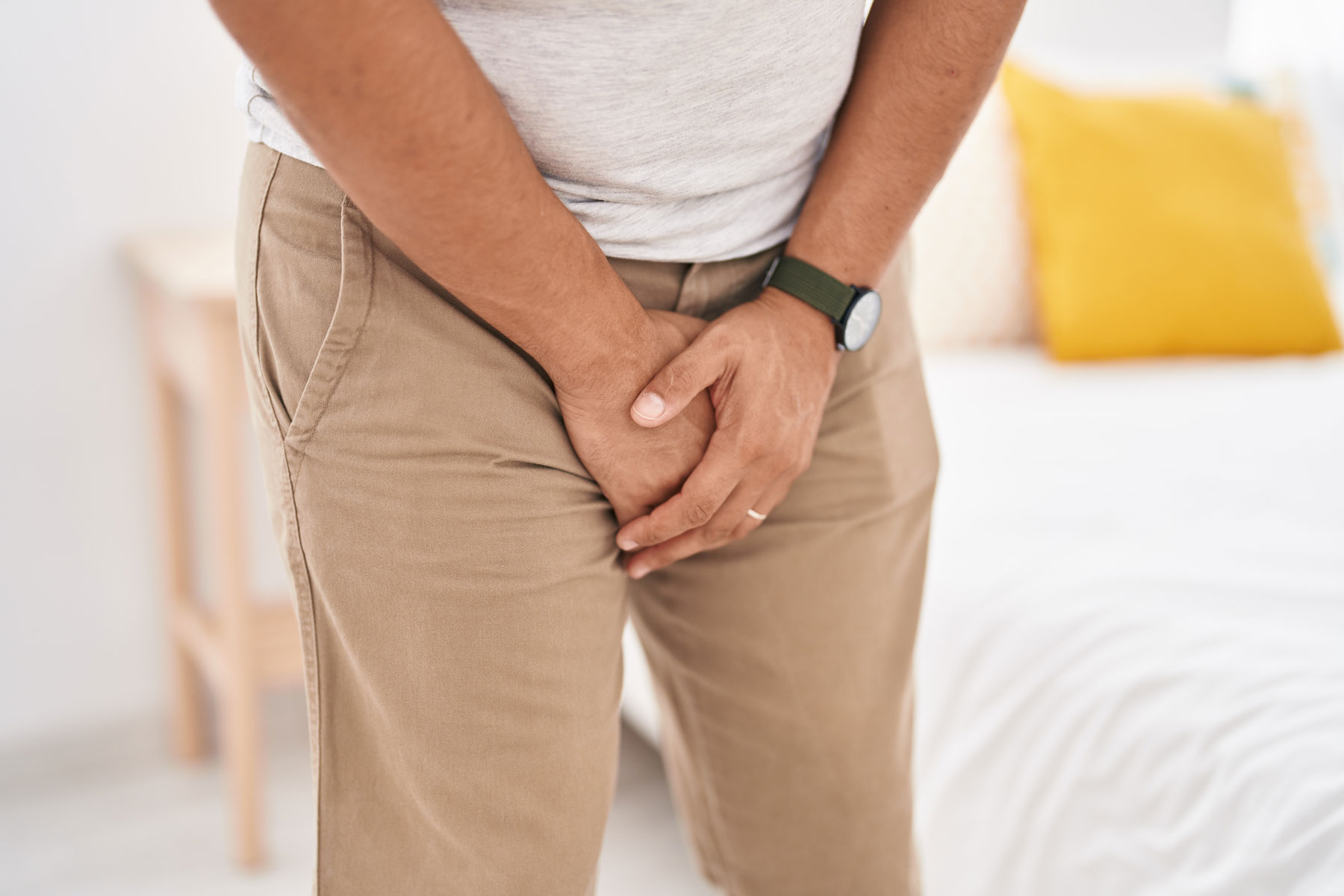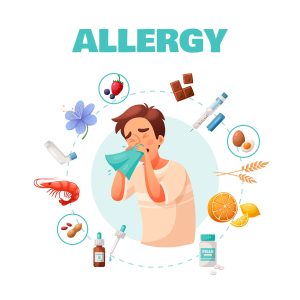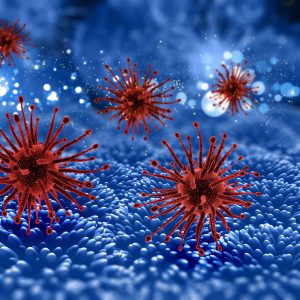Prostate enlargement, medically known as Benign Prostatic Hyperplasia (BPH), is a common condition affecting older men. While it is not cancerous, BPH can significantly impact quality of life if left untreated. Understanding the symptoms, causes, and treatment options is essential for early management.
Symptoms of Prostate Enlargement
BPH affects urination due to the enlarged prostate pressing on the urethra. Common signs include:
- Urinary Frequency – Needing to urinate often, especially during the night (nocturia).
- Urinary Urgency – Sudden, strong need to urinate.
- Weak or Interrupted Flow – Difficulty starting or maintaining a steady urine stream.
- Straining – Feeling the need to push or strain to empty the bladder.
Note: These symptoms can worsen over time if not addressed.
Causes of BPH
While the exact cause is unclear, several factors contribute to prostate enlargement:
- Aging – BPH commonly occurs in men over the age of 50.
- Hormonal Changes – Changes in testosterone and estrogen levels may influence prostate growth.
- Genetics – Family history can increase the risk of developing BPH.
Treatment Options
Management of BPH depends on symptom severity, overall health, and patient preference.
- Watchful Waiting – Regular monitoring of symptoms and prostate health for mild cases.
- Medications –
- Alpha-blockers: Relax the muscles of the prostate and bladder neck.
- 5-alpha-reductase inhibitors: Shrink the prostate over time.
- Combination therapy: Used in selected patients for better results.
- Lifestyle Changes – Dietary adjustments, regular exercise, and stress reduction can help.
- Surgery – For severe cases:
- TURP (Transurethral Resection of the Prostate)
- Open prostatectomy
Tips for Managing BPH at Home
- Stay Hydrated – Drink adequate water throughout the day, but reduce fluids close to bedtime.
- Limit Caffeine and Alcohol – These can irritate the bladder and worsen symptoms.
- Exercise Regularly – Physical activity supports urinary health.
- Manage Stress – Stress can exacerbate urinary symptoms, so techniques like meditation, yoga, or deep breathing may help.
When to See a Doctor
If you notice any of the above symptoms, it is essential to consult a healthcare professional. Early evaluation can help prevent complications, provide personalized treatment, and improve quality of life.
Keywords for SEO: prostate enlargement symptoms, BPH treatment options, causes of BPH, managing enlarged prostate, TURP surgery
Dr. V. Manjunath
MBBS, MS – General Surgery, MCh – Urology
Consultant – Urology and Andrology














